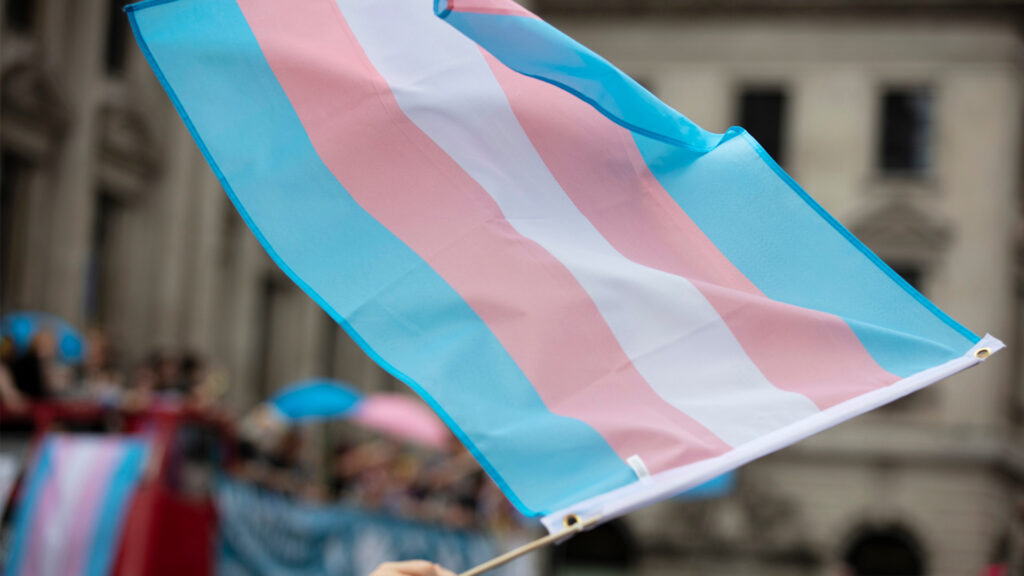On 16 April 2025, the UK Supreme Court provided its long-awaited judgment in the case of For Women Scotland Ltd v The Scottish Ministers. The unanimous judgment held that under the Equality Act 2010 (the Act), the definition of “Woman”, “Man” and “Sex” solely refers to a biological sex even where an individual holds a Gender Recognition Certificate (“GRC”). The decision not only rules on a highly contested point of but also carries important implications in practice for employers which we discuss in more detail below.
Background
The legal dispute began in 2018 when the Scottish Parliament passed a bill designed to ensure gender balance on public sector boards. Legislation in Scotland expanded the definition of “Woman” to include transgender women with a GRC, which was challenged by For Women Scotland (FWS) as breaching the Act and therefore being outside the powers of the Scottish Parliament.
After many years of litigation, FWS appealed to the Supreme Court and the case was heard in November 2024. The Supreme Court was asked to rule on whether the Act defines “Woman” for sex discrimination protection to include transgender women who hold a GRC.
The Act
The Act identifies “sex” and “gender reassignment” as two separate protected characteristics. It defines “sex” as either male or female and prohibits discrimination on this basis. Separately, it also protects from discrimination individuals who are undergoing, have undergone, or are proposing to undergo gender reassignment.
The Act also includes lawful exceptions to direct sex discrimination for single-sex services and employment, such as where being a particular sex is an occupational requirement which is proportionate in achieving a legitimate aim. However, the Act does not explicitly define sex as “biological” an d does not refer to GRCs, leaving ambiguity as to the definition of sex for the purposes of the Act.
The Supreme Court’s ruling
The Supreme Court allowed FWS’ appeal and unanimously held that the terms “Woman”, “Man” and “Sex” in the Act refer to a person’s biological sex only.
They further held:
- Section 9(1) of the Gender Recognition Act 2004, which states that a person with a GRC is to be treated as their acquired gender “for all purposes,” must be read subject to section 9(3) which provides that this rule does not apply where other legislation is inconsistent or rendered unworkable.
- A “certificated sex” reading (i.e. allowing those with a GRC to be treated as having that sex under the Act) would lead to incoherence in provisions in the Act such as pregnancy discrimination, single-sex services, and equal pay, which rely on biological distinctions.
- The Supreme Court emphasised that this interpretation does not remove protection under the Act for trans people, with or without a GRC. It held that trans people are protected from discrimination on the ground of gender reassignment and are also protected from direct discrimination, indirect discrimination and harassment on the ground of perception or association with their acquired gender.
- Giving greater rights to GRC-holders compared to trans people without a GRC would unfairly divide the trans community and create practical issues for service providers, who cannot lawfully ask if someone holds a GRC.
Practical considerations
The implications of this judgment for employers and other organisations are wide-ranging and will play out in the coming months, including as follows:
- Single-Sex Spaces and Roles: Employers and organisations can lawfully apply biological sex-based distinctions when objectively justified under the Act, and confine spaces or certain roles to only those of a certain biological sex.
- Equality Monitoring and Policy Development: Employers must ensure that data collection and reporting, particularly under the Public Sector Equality Duty, reflects biological sex when required.
- • The judgment emphasises that its ruling does not remove legal protections for transgender people under the Act. They remain protected from discrimination under the characteristic of gender reassignment, and also through association, perception, or indirect discrimination claims. Employers and organisations must still ensure they do not subject trans people to unfavourable treatment because of their trans status (subject to the exceptions in allowing single sex spaces or roles in limited circumstances), and unlawful harassment of trans people has no legal defence under the Act. This subject is known to divide opinion with some and employers should be alert to the risks of subsequent workplace harassment from either sides of the debate, arising in reaction to this judgment and seek to promote positive working environments for all.
The judgment serves as a reminder for the need for careful drafting of equality policies to distinguish clearly between biological sex and gender reassignment protections, avoiding conflation that could lead to legal risk, and ensuring that employers are able to minimise risk of conflict within the workplace. Employers should also be ready to update their policies once revised guidance is issued by the Equalities and Human Rights Commission.
How can we help?
Capital’s Employment & Immigration team has over 25 experienced employment lawyers and HR professionals who can advise and support you. Get in touch with us today.




